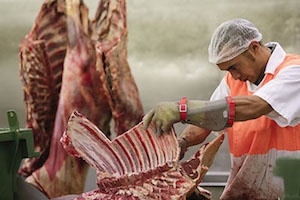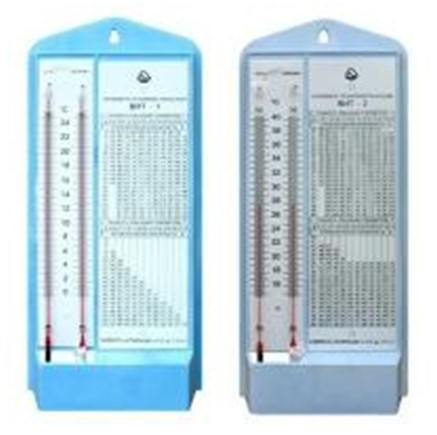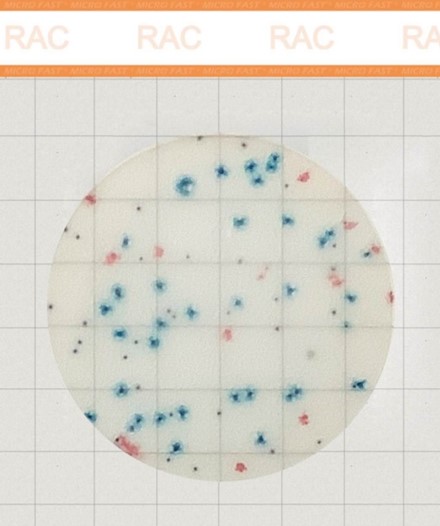Textured plant protein is gaining popularity
TRB is a plant protein that is often referred to as soy MEAT. However, it is obtained not only from soybeans, but also from wheat and peas. But it is soy protein that is most in demand on the market - it is available and widely used in the food industry for a long time. The authors of the study believe that the soybean segment will continue to expand.
Modern processing technologies (flavoring, extrusion, selection of ingredients) make it possible not only to improve the quality of the protein itself, but also to give products made from it a more attractive appearance, improve taste and texture. Based on the use of textured vegetable protein, the world market is divided into meat substitutes, breakfast cereals, and snacks. Researchers predict that the meat substitute sector will dominate in the coming years. This is due to increased demand for alternatives to animal meat, people's concern for their HEALTH , environmental issues and ethical aspects.
TRB is produced in the form of granules, pieces, plates and shavings. The pellet segment is expected to grow as this form is versatile, has a wide range of applications and is the most convenient to use.
The leader among regions consuming products based on TRB is North America; the most dynamically developing market, according to experts, will be the Asia-Pacific region. In RUSSIA, according to Andrey Volkov, Chairman of the Board of the Union of Plant-Based Products Manufacturers, the growth of the market for textured vegetable proteins will also continue. Moreover, demand is increasing both among manufacturers of plant-based products and in traditional industries. Firstly, because the innovative direction of plant-based products is developing, as well as EXPORT interest, and secondly, because due to the rise in prices of animal products, the meat industry continues to expand the share of substitution of animal products with plant raw materials. “Today, the recommended proportion of vegetable raw materials or soy protein in meat products is about 10-15%. But in many cases, replacement reaches 50% or more,” Volkov commented to Agroinvestor.
Today, the volume of the soybean isolate market in Russia, according to the Union of Plant-Based Products Manufacturers, is 27.5 thousand tons. “According to our forecasts, the market will continue to grow by at least 5% per year both in the world and in in our country, especially against the backdrop of the fact that the export of soybeans is becoming less profitable, the export of texturates will become more promising,” Volkov believes.
Now about 60% of soy protein isolate on the Russian market is imported, that is, the problem of import substitution has not been solved, he continues. High dependence on the external market, coupled with the volatility of the ruble exchange rate, creates barriers to the growth of this segment. In order to change the situation, it is necessary to increase production volumes within the country, Volkov is sure. At the same time, market development stimulates demand for plant raw materials, which is growing every year, he adds.
There are several factors hindering the growth of the TRB market in Russia, notes Sergei Ivanov, executive DIRECTOR of Efko Group. First of all, this is the high cost of plant-based products and their low representation in sales channels. “At the same time, active promotion of a healthy lifestyle, an increase in the number of people suffering from lactose and gluten intolerance, as well as obesity, the need for convenience and speed of consumption without harm to health, active promotion of plant products by manufacturers stimulate the development of the market,” - lists the top manager.
According to his observations, there are now more than 40 producers of plant products in Russia, and the volume of production of plant-based analogues of MILK and meat over the past year has increased by 2.8% and 45%, respectively. “Based on our sales, we predict that demand for plant-based products will continue to grow,” says Ivanov. “We assume that in the next five years, plant-based meat could take up to 1% of the market for traditional meat in the beef category.”
Efko itself confidently occupies a leading position in the plant-based meat category. “According to NielsenIQ, the share of our Hi! already accounts for 81% of the market,” Ivanov told Agroinvestor. “We are now actively working to reduce costs, and in the near future we will launch a plant for the production of soybean concentrate, which will allow us to abandon imported ingredients.”




























































